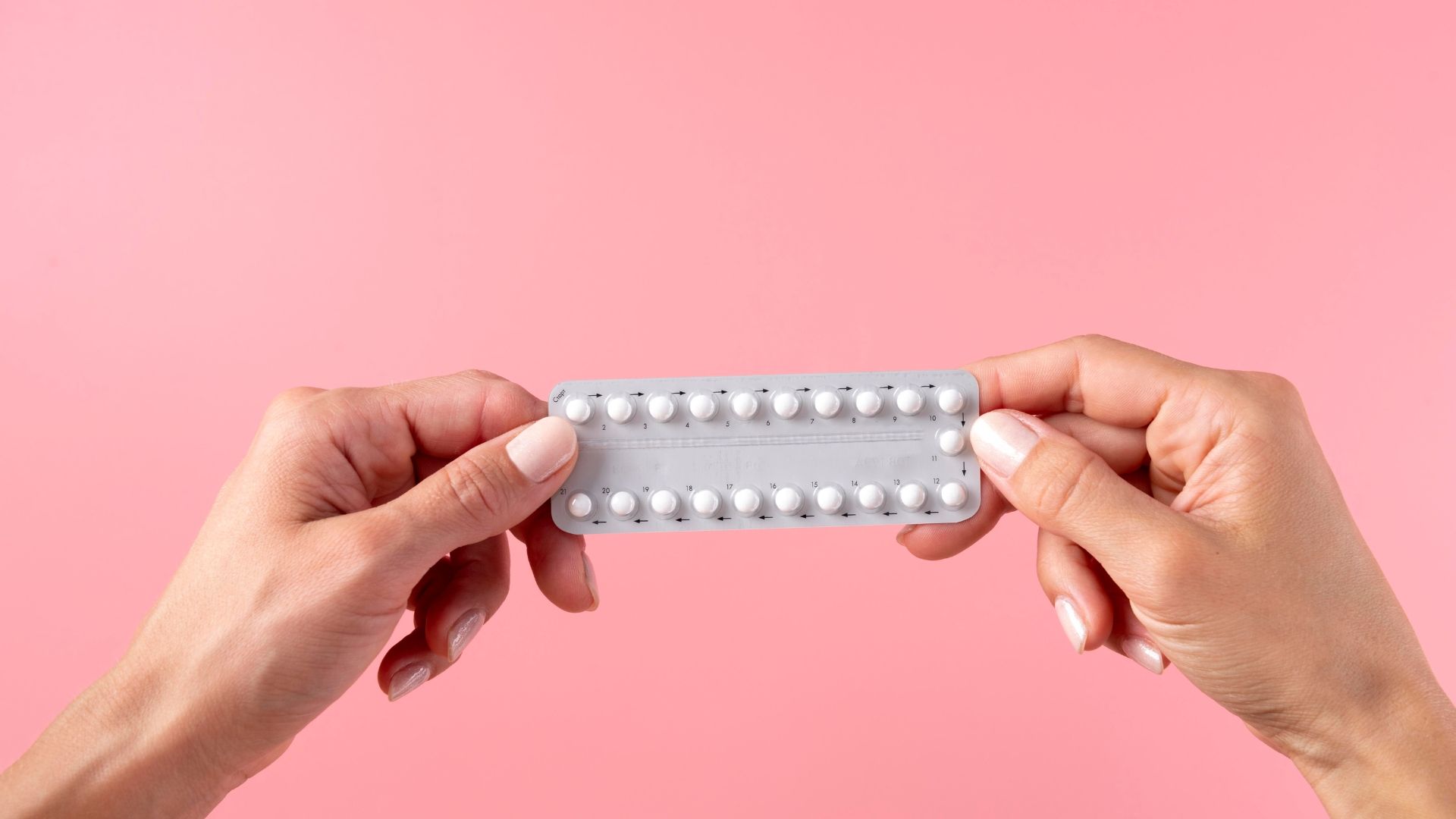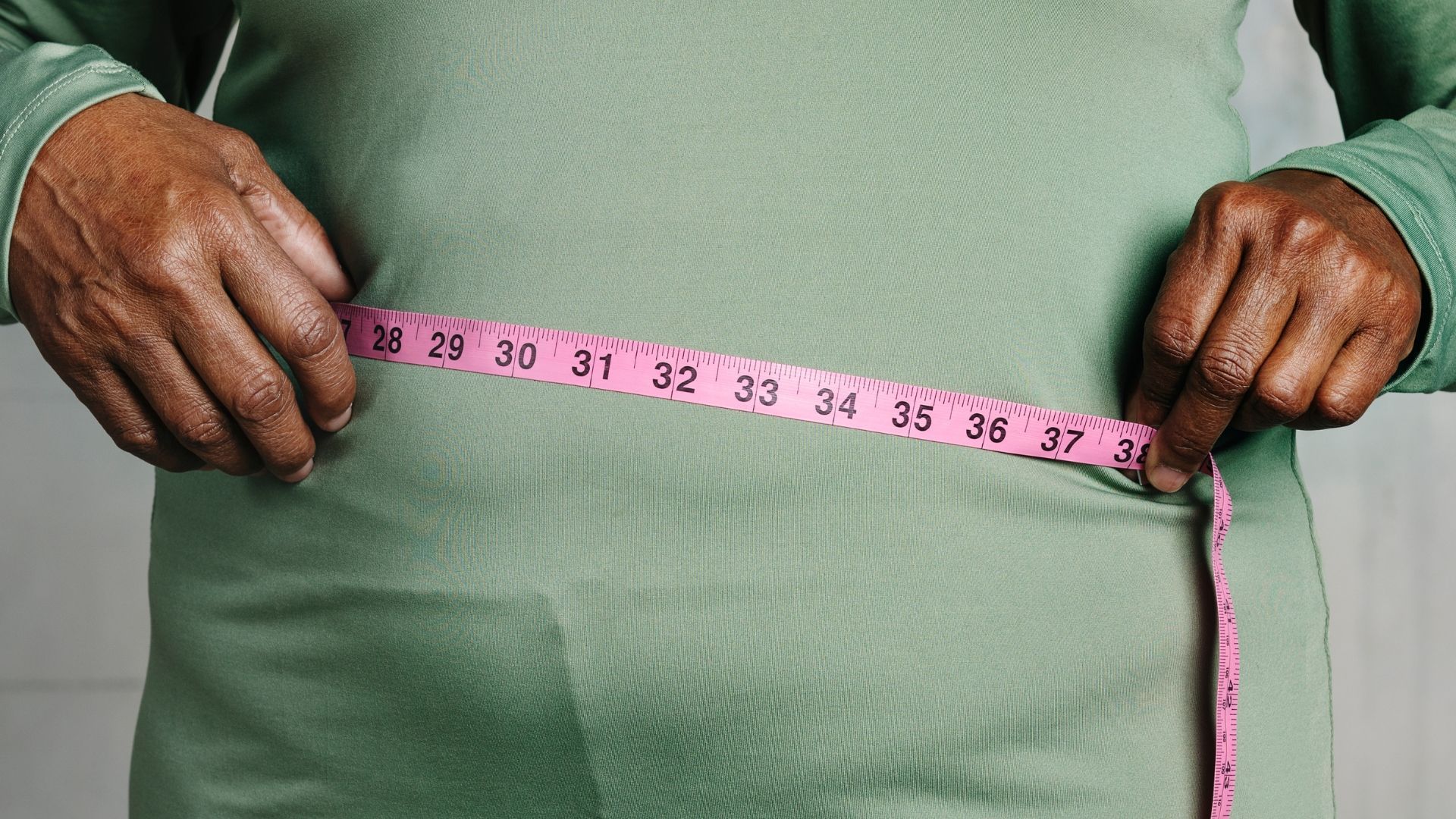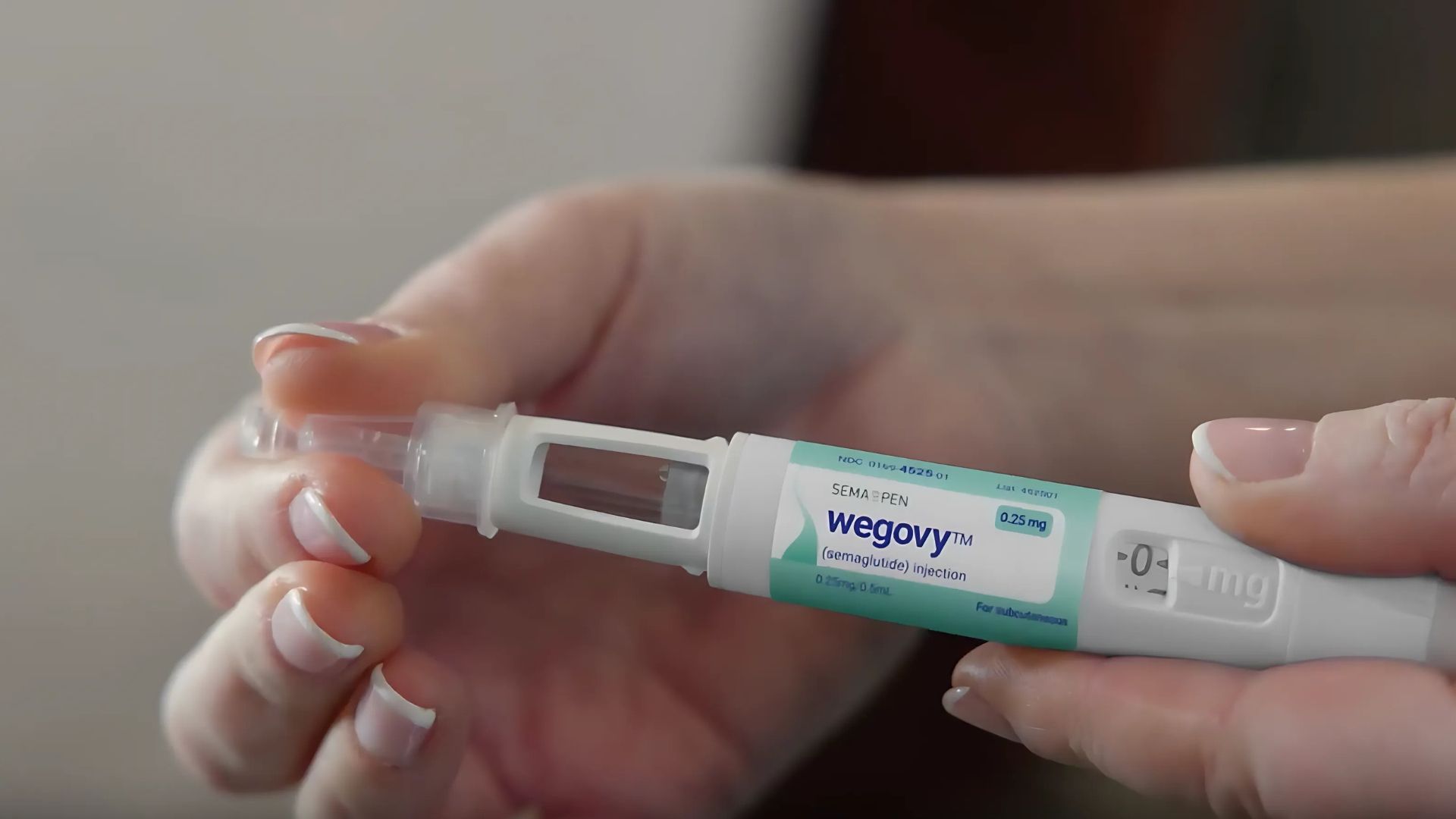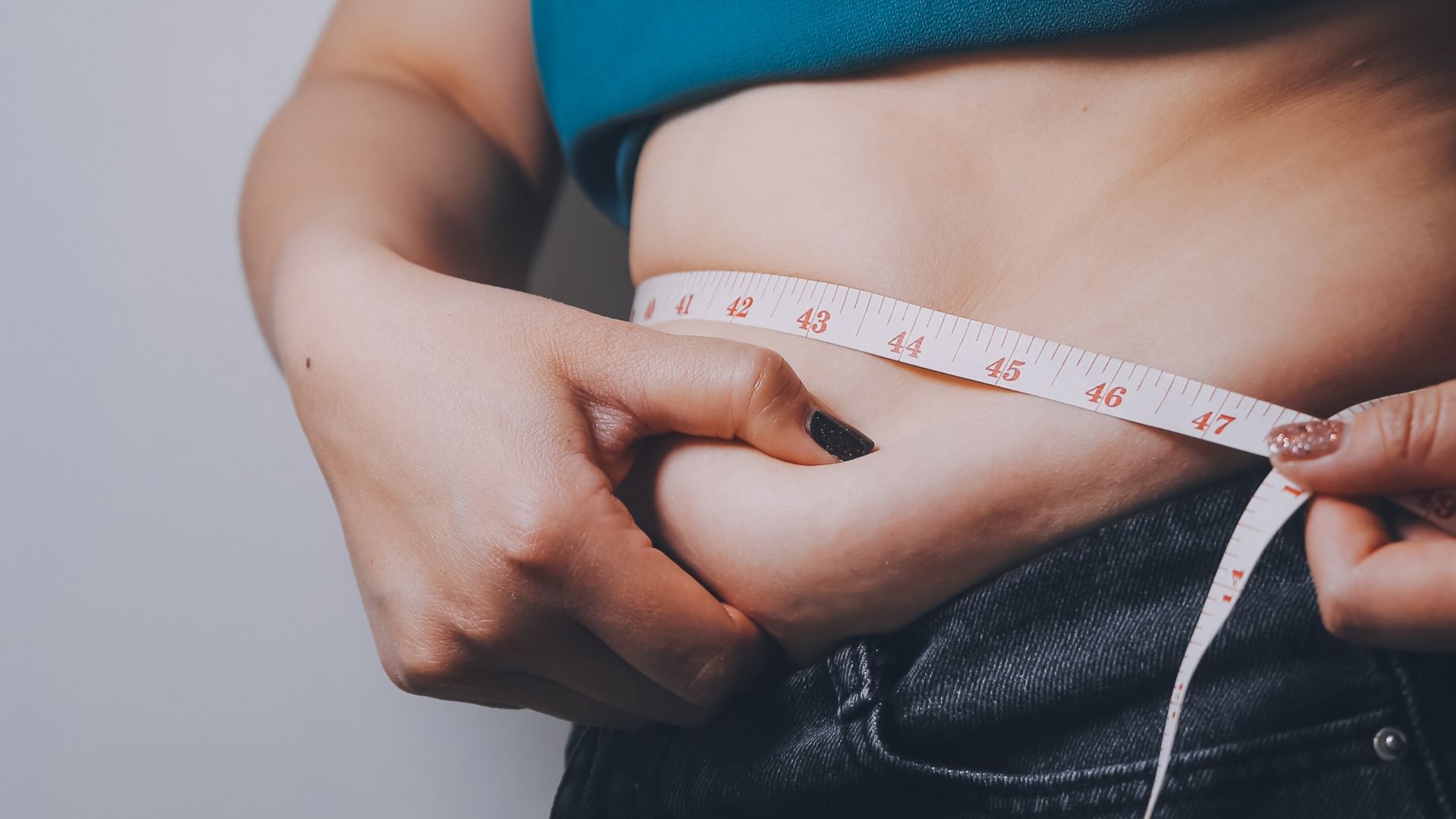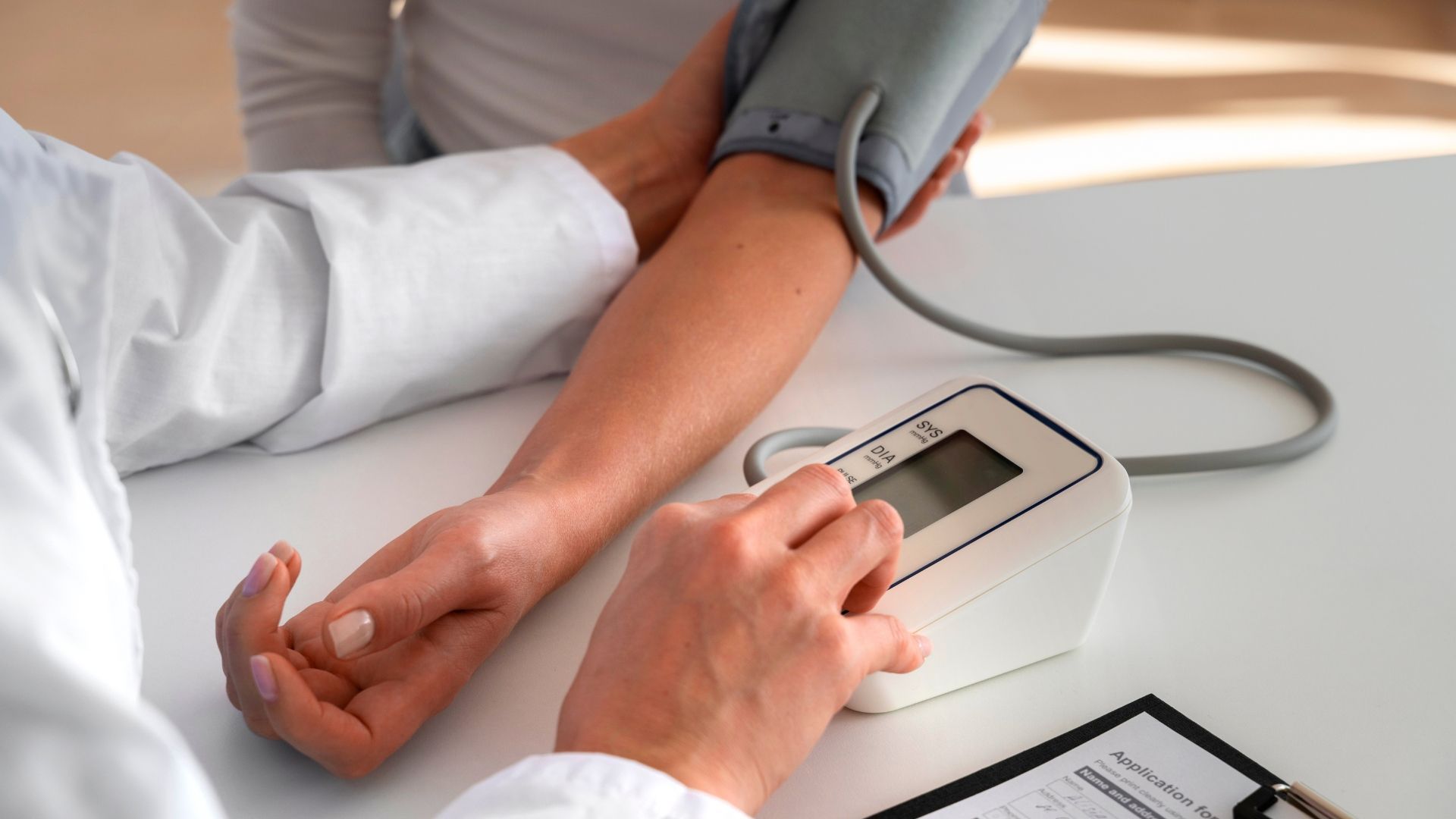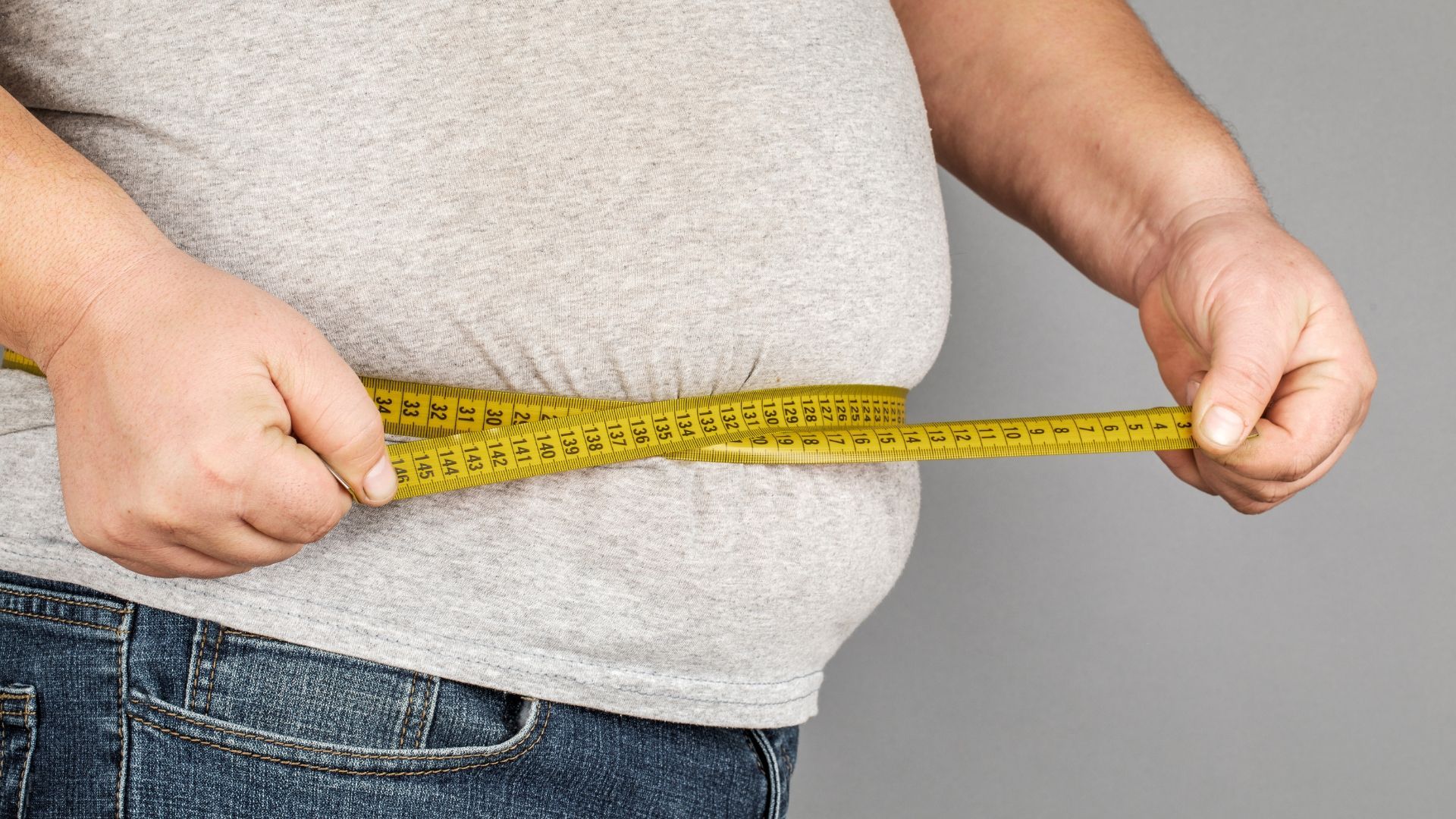Mounjaro/Wegovy and muscle loss: why it occurs and how to stop it
What's the truth behind weight loss injections like Wegovy and muscle loss? Get the facts in our expert guide.

Can weight loss injections like Wegovy and Mounjaro cause you to lose muscle, as well as fat?
The answer is yes. But it would be wrong to say, 'Weight loss injections eat muscle and make you weak'. The truth is much more complicated – and much less scary.
In this guide, we look at why muscle loss occurs with weight loss, what it means and what steps you can take to prevent it.
Why we lose muscle when we lose weight
There are many complex reasons why a person might lose or gain weight.
However, underpinning this complexity is a simple formula. At its most basic, weight loss or gain comes down to how many calories you take in versus how many you burn.
Calories are energy. We get this energy from food. If we eat more energy than we can burn, the body stores it as adipose tissue (fat).
If we eat fewer calories than we burn, however, we lose weight. That's because the body realises it can't get all the energy it needs from food and starts using its stored energy instead.
Ideally, the body would get all this energy from its reserves of adipose tissue. However, it also sources energy from lean mass, including muscle tissue.
Losing lean mass when losing weight is normal. However, the body is more likely to burn lean mass if a person loses weight rapidly.
This is why drugs like Wegovy and Mounjaro tend to cause more muscle loss than some other weight loss treatments. It's not because the injections 'eat' muscle. It's because they help us lose weight more quickly than, for example, diet and exercise alone.
Does this mean that weight loss injections are an unhealthy way to lose weight?
No. As we'll see, it's important to take steps to prevent muscle loss, no matter how you lose weight. However, weight loss is a complex process. It would be oversimplifying things to say that weight loss drugs are inherently less healthy than other weight loss treatments.
Here's why.
The truth about Wegovy/Mounjaro and muscle loss
In the STEP 1 trial, researchers found that taking Wegovy along with diet and exercise changes caused an average of 14.9% weight loss.¹
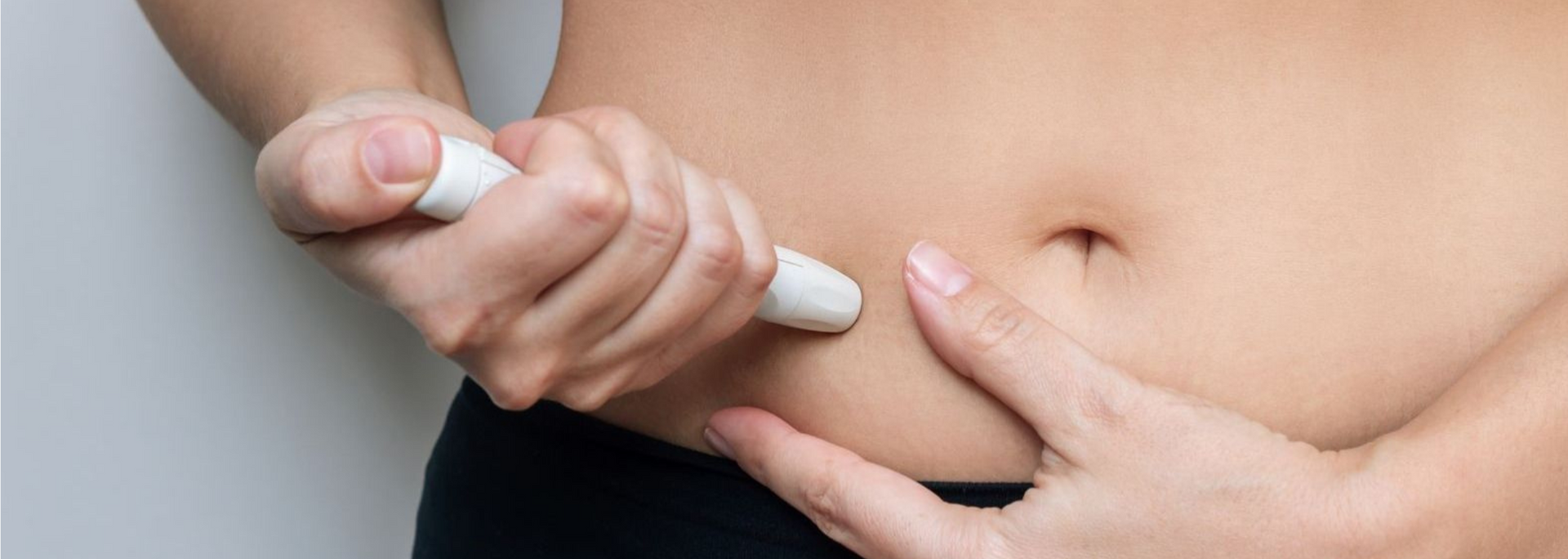
That's the headline. However, we can dig a little deeper and learn about the different kinds of weight loss that participants experienced.
The researchers classified the weight loss into two categories: fat and lean mass. On average, the proportion of weight lost as lean mass was around 45%.
This might sound high – but there are a few caveats.
For a start, not all lean mass is muscle. Lean mass encompasses a wide variety of things, including our skin, organs and bones.
It even includes a proportion of adipose tissue. Research shows that around 15% of our adipose tissue is made up of water.
This water is measured as lean mass, not fat.
Does this mean that some of the lean mass loss seen in the STEP 1 trial was actually made up of water within fat tissues? It's hard to say for sure because the researchers only measured lean mass as a whole – not the different kinds of lean mass.
However, at least one study backs up this theory.
Researchers in the US looked at the impact of three different kinds of diet and exercise changes on adults with obesity. They found that participants lost 9kg on average – including 2.7kg of lean mass.
However, the research team also measured the lean mass lost from adipose tissue. When researchers accounted for this, they found that the participants' lean mass actually increased by 0.3kg on average.
Although the STEP 1 researchers didn't account for the different types of lean mass, they still saw a proportional increase.
Before treatment, the average participant weighed about 105kg – and 53.9% of this weight was made up of lean mass. After treatment, the average weight was around 90kg – and 56.9% was lean mass.
Let's break that down. While the participants lost around 45% of their total lean mass, they actually gained 3% as a proportion of their total body weight after treatment.
In other words, it's all relative.
Finally, it's worth remembering that people with obesity usually have more muscle than people of a healthy weight.
When they lose this excess fat, they tend to lose muscle mass, too – but the function of their muscles also tends to improve.
How to mitigate muscle loss when losing weight

Lean mass loss – and, by extension, muscle loss – is an expected part of losing weight. And, as we've seen, it's not quite as simple as saying, 'Weight loss burns muscle'.
However, it's still important to take steps to mitigate muscle loss – especially when you lose weight quickly.
This is one reason diet and exercise interventions are always recommended alongside weight loss injections like Mounjaro and Wegovy.
These drugs aren't magic wands that zap weight off your body. They can be a big help, sure – but you still need to eat a balanced diet and do plenty of physical activity during treatment. This is the best way to make sure you lose weight healthily and mitigate muscle loss as much as possible.
As far as muscle loss is concerned, the most important dietary consideration is protein. The body depends on protein to build and repair muscle tissue, so it's especially crucial when losing weight quickly.
You should include protein in all your main meals as part of a balanced plate. Good sources of protein include meat, fish, eggs, tofu and dairy products.
How much you eat is also important. If you eat too little, your body will go into 'starvation mode' and start burning muscle instead of fat. Women should aim to eat around 1,200 to 1,500 calories per day, while men should aim for between 1,500 and 1,800 calories.
As for exercise, strength training is key. This might include lifting weights, doing squats and pushups or a spot of yoga – whichever you're comfortable with. It's important to start slowly but consistently, then gradually increase the intensity of your training as your body gets used to it.
You should also incorporate aerobic exercises, such as running or walking, into your fitness regime. This kind of exercise helps to strengthen your heart, as well as burn calories.
With a healthy eating plan and exercise regime, you should see the weight loss you want without losing too much muscle. Good luck!
We know that sticking to diet and exercise can be difficult – especially when you rely on willpower alone. That's why SemaPen's medical weight loss plans include ongoing guidance from a support network of trusted obesity experts. Why not learn more about our Wegovy and Mounjaro programmes?
Sources
1. Wilding, J.P.H. et al. (2021) "Once-weekly semaglutide in adults with overweight or obesity" New England Journal of Medicine, 384(11) https://doi.org/10.1056/NEJMoa2032183
2. Tinsley, G.M., & Heymsfield, S.B. (2024) "Fundamental Body Composition Principles Provide Context for Fat-Free and Skeletal Muscle Loss With GLP-1 RA Treatments" Journal of the Endocrine Society, 8(11) https://doi.org/10.1210/jendso/bvae164
3. Villareal, D.T. et al. (2017) "Aerobic or Resistance Exercise, or Both, in Dieting Obese Older Adults" New England Journal of Medicine, 376(20) https://doi.org/10.1056/nejmoa1616338
4. Neeland, I.J., Linge, J., & Birkenfeld, A.L. (2024) "Changes in lean body mass with glucagon-like peptide-1-based therapies and mitigation strategies" https://doi.org/10.1111/dom.15728
Contact Details
17 D-F Telford Court, Chestergates Business Park, Chester, United Kingdom, CH1 6LT.
Quick Links
Guides
We only offer our programme in the UK and Northern Ireland. We are currently unable to deliver to the Republic of Ireland.
All Rights Reserved | SemaPen Ltd. | Digital marketing from My Digital Hero


